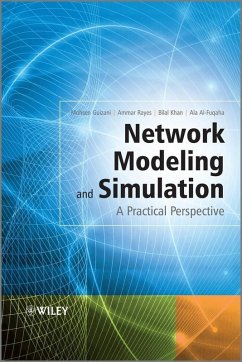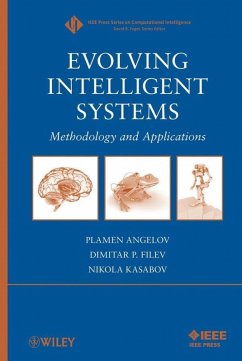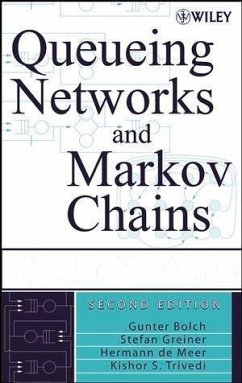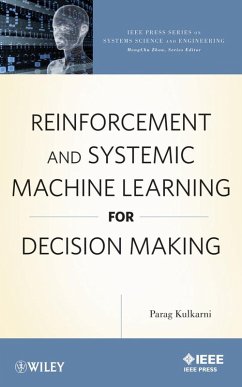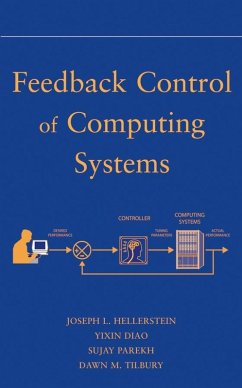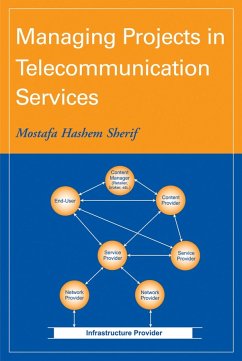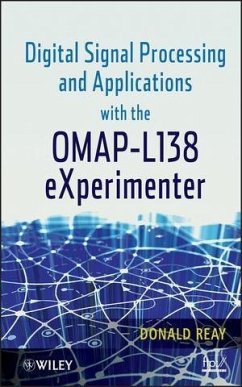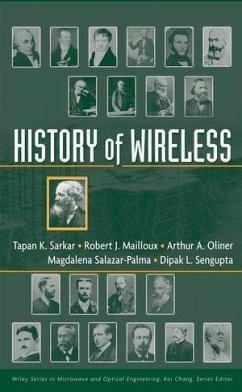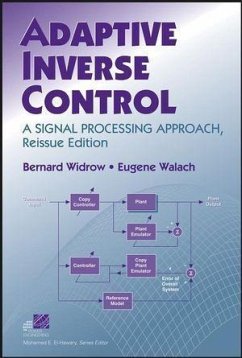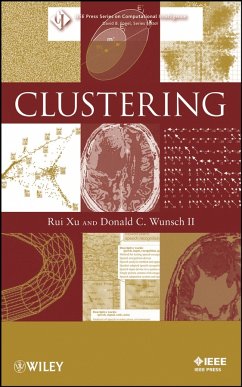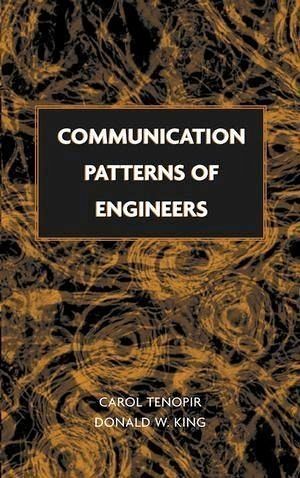
Communication Patterns of Engineers (eBook, PDF)

PAYBACK Punkte
0 °P sammeln!
Communication Patterns of Engineers brings together, summarizes, and analyzes the research on how engineers communicate, presenting benchmark data and identifying gaps in the existing research. Written by two renowned experts in this area, the text: * Compares engineering communication patterns with those of science and medicine * Offers information on improving engineering communication skills, including the use of communication tools to address engineering departments' concerns about the inadequacies of communication by engineers * Provides strong conclusions to address what lessons engineer...
Communication Patterns of Engineers brings together, summarizes, and analyzes the research on how engineers communicate, presenting benchmark data and identifying gaps in the existing research. Written by two renowned experts in this area, the text: * Compares engineering communication patterns with those of science and medicine * Offers information on improving engineering communication skills, including the use of communication tools to address engineering departments' concerns about the inadequacies of communication by engineers * Provides strong conclusions to address what lessons engineering educators, librarians, and communication professionals can learn from the research presented
Dieser Download kann aus rechtlichen Gründen nur mit Rechnungsadresse in A, B, BG, CY, CZ, D, DK, EW, E, FIN, F, GR, HR, H, IRL, I, LT, L, LR, M, NL, PL, P, R, S, SLO, SK ausgeliefert werden.



